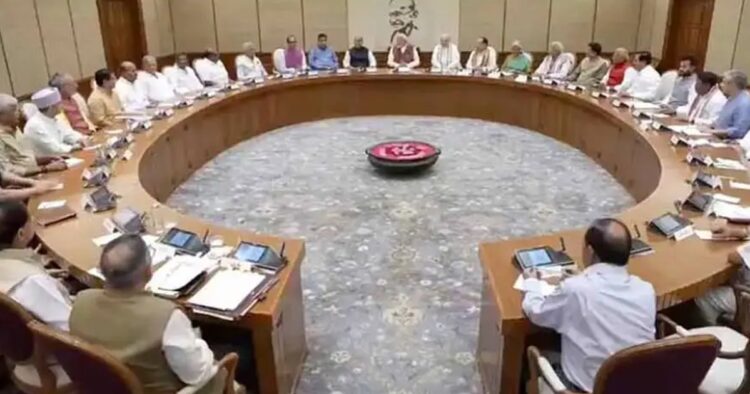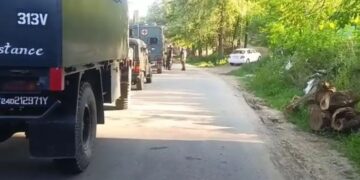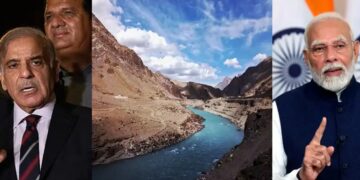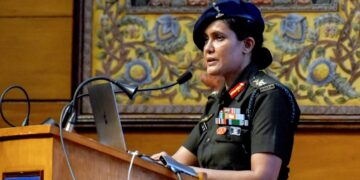Prime Minister Narendra Modi, along with 71 ministers, was sworn in for his third term on Sunday. The new government comprises thirty Cabinet ministers, five Ministers of State with Independent Charge, and 36 Ministers of State. Notably, Nitin Gadkari retained the Ministry of Road Transport and Highways, while Ajay Tamta and Harsh Malhotra were appointed as Ministers of State for the same ministry.
The Cabinet includes prominent figures such as Rajnath Singh, Amit Shah, and Nirmala Sitharaman, alongside regional leaders like Sarbananda Sonowal and Manohar Lal Khattar. Other notable appointments include Piyush Goyal, Dharmendra Pradhan, and Jyotiraditya Scindia.
Ministerial Responsibilities
Rao Inderjit Singh, Jitendra Singh, Arjun Ram Meghwal, Prataprao Jadhav, and Jayant Chaudhary were designated as Ministers of State with Independent Charge. In addition, a diverse group of Ministers of State, including Jitin Prasada, Shripad Naik, and Ramdas Athawale, were appointed to assist the Cabinet ministers in their respective portfolios.
The swearing-in ceremony followed the NDA’s victory in the 2024 Lok Sabha elections, where they secured 293 out of 543 seats. However, the BJP fell short of the majority mark on its own, winning 240 seats. This marks a significant milestone as Narendra Modi begins his third consecutive term as Prime Minister.
Government’s First Decision
In its first decision, the NDA government approved the construction of 3 crore rural and urban houses under the Pradhan Mantri Awas Yojana. This initiative aims to address the housing requirements of eligible families across the country. In addition, there are plans to approve 2 crore additional houses under the Pradhan Mantri Awaas Yojana-Gramin (PMAY-G), providing higher assistance per beneficiary.
The newly formed NDA government held a Cabinet meeting, during which several policy decisions were discussed. Among these decisions was the provision of assistance to three crore additional rural and urban households for the construction of houses. This move underscores the government’s commitment to addressing the housing needs of the population.
ALSO READ: “Bharatiya Janata Party’s First Time MP Harsh Malhotra Joins Modi 3.0 Cabinet”
Implementation of PMAY
The Pradhan Mantri Awas Yojana, initiated in 2015-16, aims to provide assistance to eligible rural and urban households for the construction of houses with basic amenities. Over the past decade, a total of 4.21 crore houses have been completed under the PMAY, providing essential amenities like household toilets, LPG connections, electricity, and functional household tap connections.
As the new government assumes office, expectations are high for continued economic growth, infrastructure development, and social welfare initiatives. The allocation of portfolios reflects a balance of experience and fresh talent, signaling the government’s commitment to effective governance and inclusive policies.

















Comments